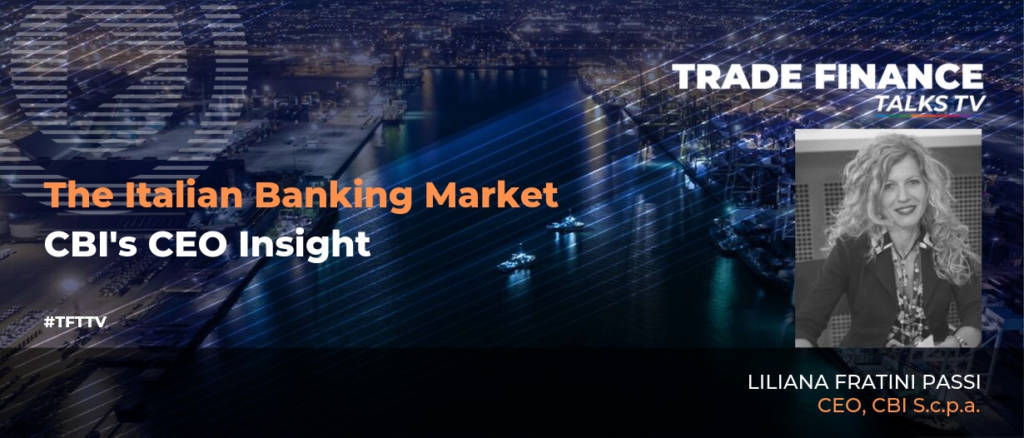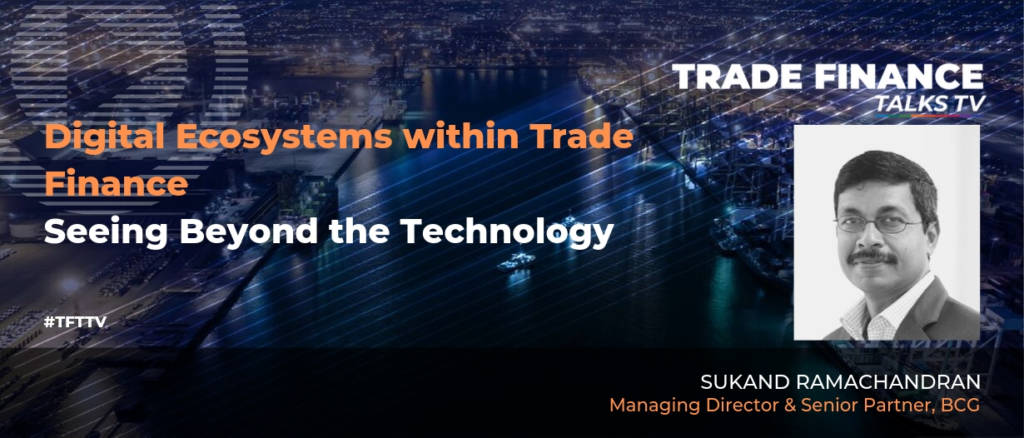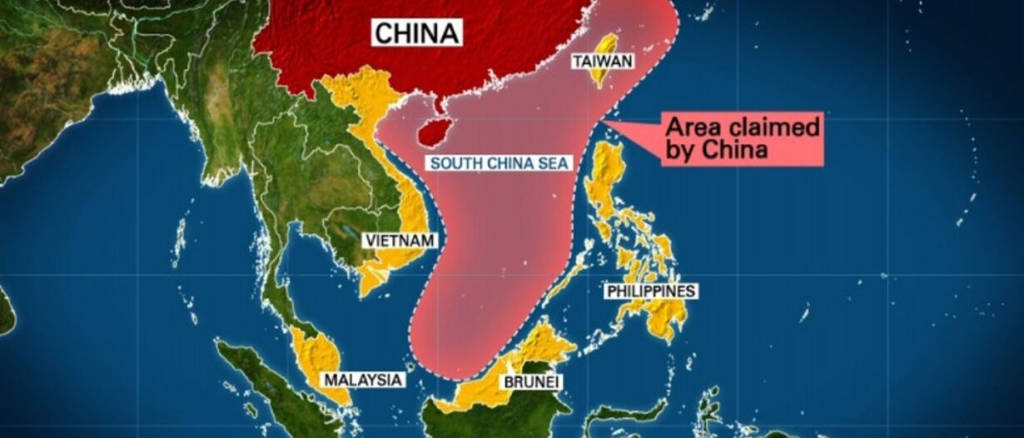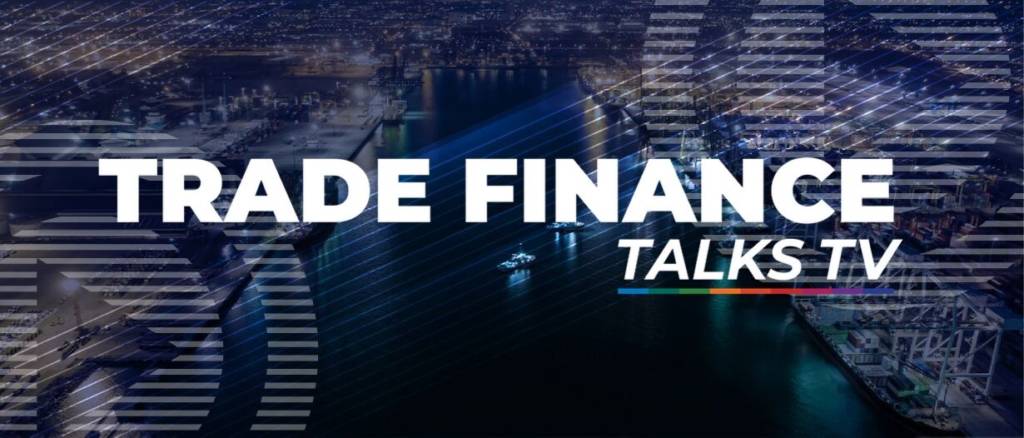The Italian Banking market continues to face headwinds and pressures around new payment service directives (PSDII), challenges from the regulator, and changing customer needs. TFG caught up with the CEO of regtech innovator CBI about their latest product CBI Globe, and how this is positioned to help Italian banks succeed and grow.
TFG spoke to Mishal Ruparel, General Manager at Banking Circle, about the new applications of technology in banking to help better serve the underbanked SMEs. Using AI-driven credit scoring and new approaches to analyse credit card transaction data, Banking Circle’s proposition is game-changing the world of SME finance.
TFG spoke to the author of ‘Digital Ecosystems within Trade Finance’, a BCG, SWIFT and ICC report on the state of networks and consortia, the key problem points within trade and trade finance, as well as the current barriers in terms of digitalisation both from a corporate and bank perspective. Deepesh spoke to Sukand Ramachandran at BCG about how global trade is changing and the role of digital ecosystems within this.
In Europe, small and mid-sized companies make up an astonishing 99% of all businesses – and over the last five years they generated 85% of all new jobs in the region. at a time of accelerating economic uncertainty and technological change, it would be irresponsible for those of us with the power to act not to do what we can to give the drivers of Europe’s economy the tools they need to succeed.
The Chinese President Xi Jinping and Filipino President Rodrigo Duterte have met a record number of eight times over the past three years. The subject of the South China Sea has been an increasingly tense regional topic of the past decade.
London, 1st October 2019. Trade Finance Global (TFG) are delighted to announce the launch of Trade Finance Talks TV.
TFG heard from Alexander Goulandris the co-CEO of essDOCS about the different solutions for paperless trade. He exclusively announced the launch of a new product called CargoDocs Match, which will enable trade finance banks to continue to provide BPO-related solutions to their customers after SWIFT discontinues support for the Trade Services Utility (TSU) in 2020.
The Universal Trade Network (UTN), a project initially aimed to allow for interoperability between many of the blockchain and non-blockchain consortia and networks has been renamed and adopted by the International Chamber of Commerce (ICC).
Twitter has changed the way politics is portrayed. Not only has it arguably drifted political opinions further apart, but it has also given rise to issues like false information and hate speech in the political discourse.
Your Monday morning coffee briefing from TFG. Here are some of the last week’s updates from the trade sector. 30th September 2019.
























